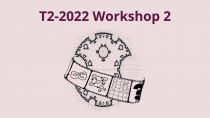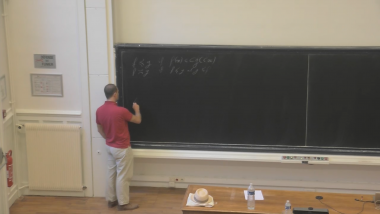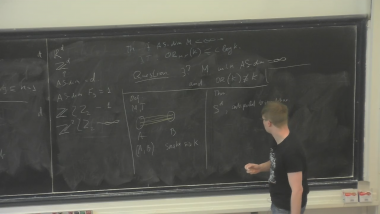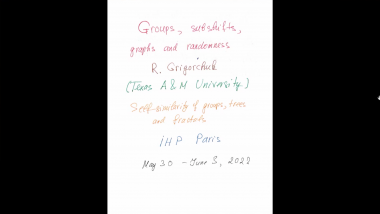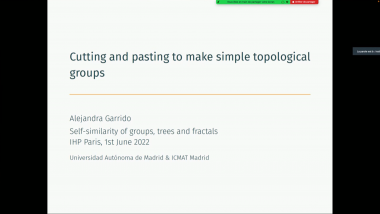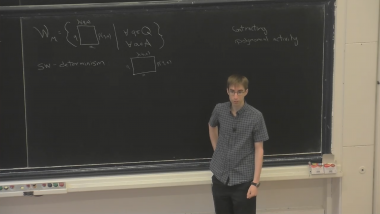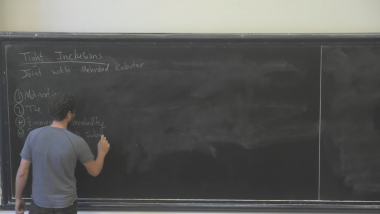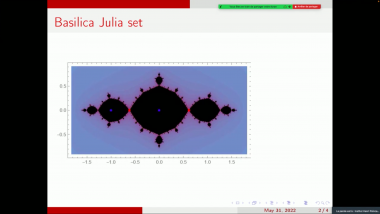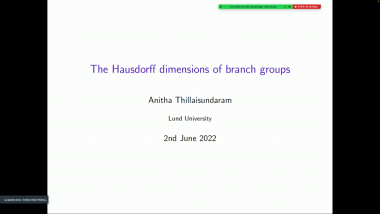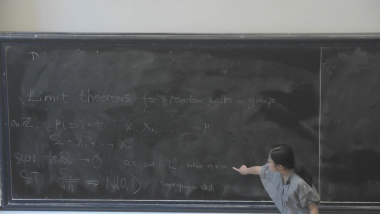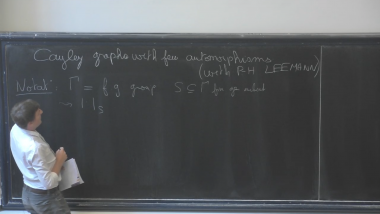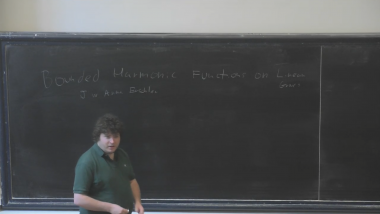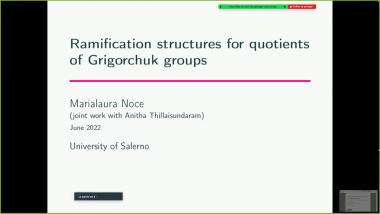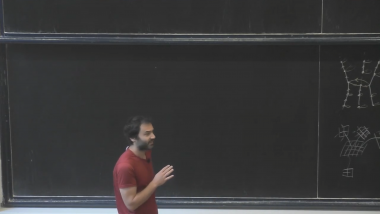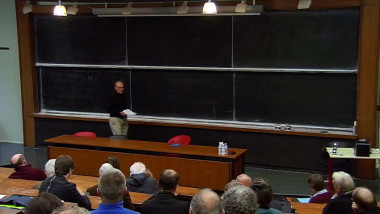The Hausdorff dimensions of branch groups
The concept of Hausdorff dimension was defined in the 1930s and was originally applied to fractals and shapes in nature. However, from the work of Abercrombie, Barnea and Shalev in the 1990s, the computation of the Hausdorff dimensions in profinite groups has been made possible. Starting with Abert and Virag's well-known result that there are groups acting on a rooted tree with all possible Hausdorff dimensions, mathematicians have been interested in computing the Hausdorff dimensions of explicit families of groups acting on rooted trees, and in particular, of the so-called branch groups. Branch groups first appeared in the context of the Burnside problem, where they delivered the first explicit examples of finitely generated infinite torsion groups. Since then, branch groups have gone on to play a key role in group theory and beyond. In this talk, we will survey known results concerning the Hausdorff dimensions of branch groups, in particular mentioning some recent joint work Gustavo Fernandez-Alcober and Sukran Gul.











